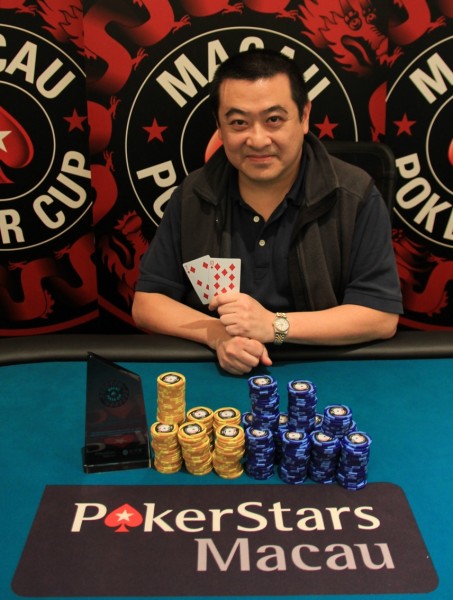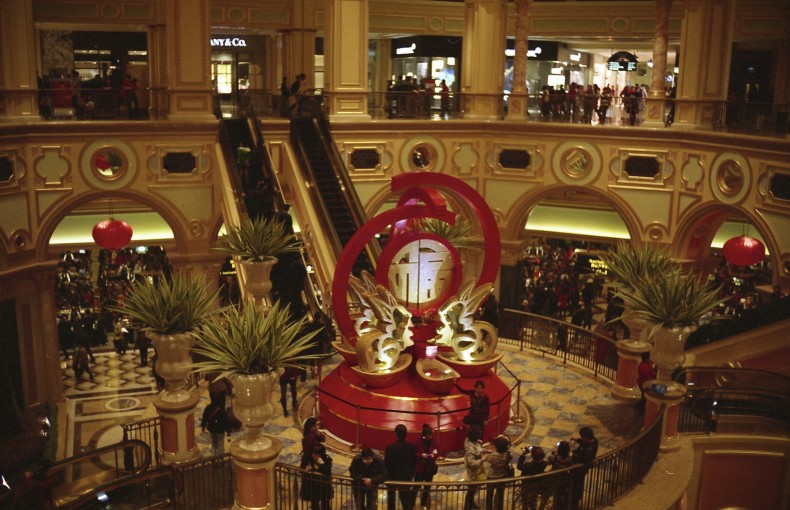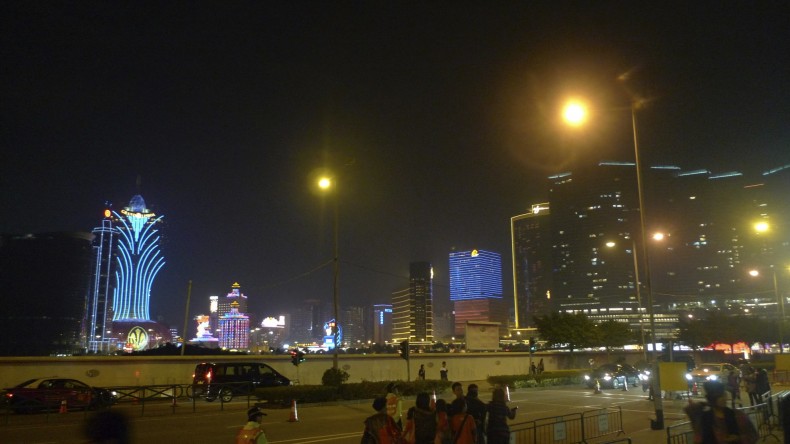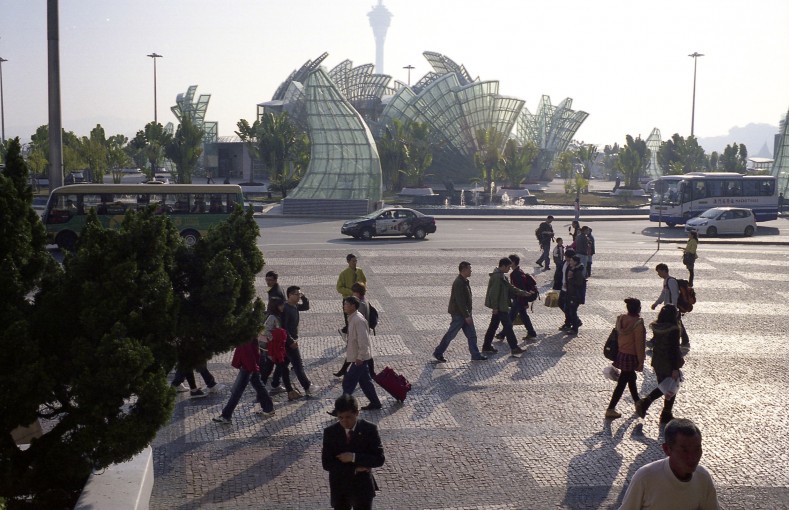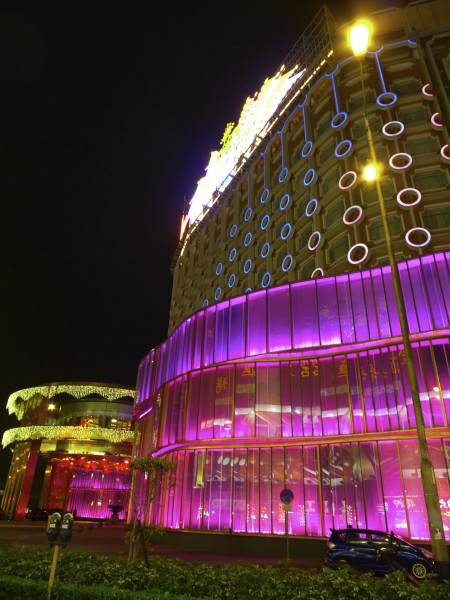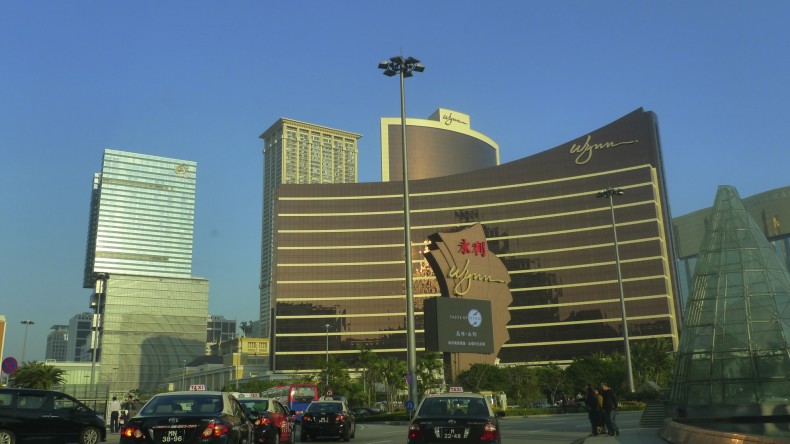Let’s start with the headline news item from the Citigroup review of Macau, which was sent out to media and appears to have been well covered by Macau Daily Times today: The Guangzhou-Zhuhai intercity railway is going to give Macau a big boost this year as more people visit more frequently. So hold on to your hats, folks, Gross Gaming Revenues will go up 25% year-on-year, largely as a result of this transportation improvement.
Err, sorry, beg to differ, your honor. We too are bullish on GGR prospects this year, but we think it will be primarily driven by rising GDP levels across the border and abundant liquidity in the junket system.
Perhaps we shouldn’t blame the Citi team. They were quoting a ridership survey which shows that 35% of respondents say they will visit Macau more frequently, as the travel time from southern Guangzhou to northern Zhuhai has been reduced from four hours to 90 minutes.
But perhaps we should. Anyone who has travelled between the two cities would know that four hours is how long it takes to get to Macau from, say, poor and remote Zhaoqing, not Guangzhou – even with rush-hour traffic in the city center. With traffic, it would be 2.5 hours max on a bus from downtown Guangzhou, let alone “southern Guangzhou”, which really means Panyu. Hands up anyone who has been to Panyu: it’s not exactly a densely populated district. People would have to take another bus or train to get there if they wanted to then travel from there to Zhuhai.
Anyway, geography quibbles aside, the real issue we have with anyone generating excitement about the Guangzhou-Zhuhai railway is that they tend to portray it as a non-stop bullet train. In fact, it is an extension of the Guangzhou MRT system, with multiple stops between the provincial capital and its sleepiest special economic zone. And worst of all, it terminates 45 minutes’ drive away from the Gongbei border gate linking Zhuhai to Macau. The extension to Gongbei is still being worked on and will likely open in a year’s time.
But get this: Citi believes the MRT will, in its current configuration, bring 1.5m people to Macau this year – half of which, the research house assumes, will have previously taken the bus. They have obviously never taken a bus from Guangzhou to Zhuhai. If they had, they would realize that the intercity bus system, which terminates directly underneath the Gongbei immigration hall, carries nearly all of Guangdong’s 1.1m visitors PER MONTH to Macau currently. The reasons are not hard to understand: in Guangzhou alone, there are three main stations scattered around the city, providing easy and convenient access to the city’s 20m-plus population. Now, consider how easy it is to take a taxi from your home, say 15 minutes away from the bus station, hop on the bus and arrive in Gongbei a couple of hours later, and contrast this with the hassle of getting a taxi to the MRT, changing lines to get down to Panyu, and then changing lines again to get on a multiple-stop railway down to Zhuhai, then get out and take another taxi or bus for 45 minutes to Gongbei. And did we forget to mention the buses are cheaper?
But wait, there’s more in the report that’s worth consideration. Due to this massive saving of time, Citi believes day-trippers will spend longer at the tables. If they had done the kind of research we have, they would know that there are two kinds of day-trip visitors to Macau: those that stay shorter than 24 hours, who actually spend an average of less than five hours in Macau, and those that stay longer than 24 hours but don’t go to a hotel. The difference between them? The former are those that donate quickly and generously to Sheldon Adelson’s campaign to climb the Forbes rich list, the latter are those that get on a winning streak. It is the inability to get across the border after midnight that separates these two groups, not whether the MRT is waiting for them 45 minutes away from the other side of Gongbei.
The Citi team didn’t get everything wrong where railways are concerned, however. They do point out the incremental benefit to be gained from the opening of the Wuhan-Guangzhou high-speed railway, which terminates in the vicinity of the Panyu MRT station, so people can get from central China to Guangzhou in around 3.5 hours, switch trains, and be in northern Zhuhai 90 minutes later. When this high-speed link is extended to Gongbei in a few years’ time it will indeed open Macau to a much larger hinterland of people who get on at one station and get off on the Macau border. And once Wuhan is connected to Beijing, visitation should grow further from the north.
Unfortunately, that’s not all we have to disagree with in the Citi report. It goes on to predict the future fortunes for each of the operators. Some of it we agree with, such as that Galaxy will be the biggest gainer of market share this year after its Cotai resort opens (how could it not be?) and that Sands should gain share once it eventually opens Lot 5&6 (Citi expects it next year). But the most contentious forecast is that for SJM, which Citi believes will lose market share this year and next. We think SJM has the stickiest customers of anyone in Macau, mostly because of the clan-based associations of its third-party casinos, but also because of the Grand Lisboa, which is busy building out more space for additional tables to keep up with demand.
What many analysts tend to overlook about SJM is the fact that it is fed by so many more cheap hotel rooms on the peninsula than the operators could possibly build in Cotai for many years to come. Galaxy certainly isn’t building any: its resort will open with 1,500 five-star rooms under its own management, plus another 700 by the elite brands of Banyan Tree and Okura. Even Lot 5&6 will be mostly five-star rooms. These will cater primarily to newer, longer-staying customers from further afield.
Anyway, we don’t mean to rain on Citi’s parade. Anil Daswani is a respected and thorough researcher, and it’s not easy to come up with the kind of bold predictions that gain your brokerage the kind of attention that could attract trading flows. So we empathize. We just don’t agree.
Used with permission & copyright IntelMacau











